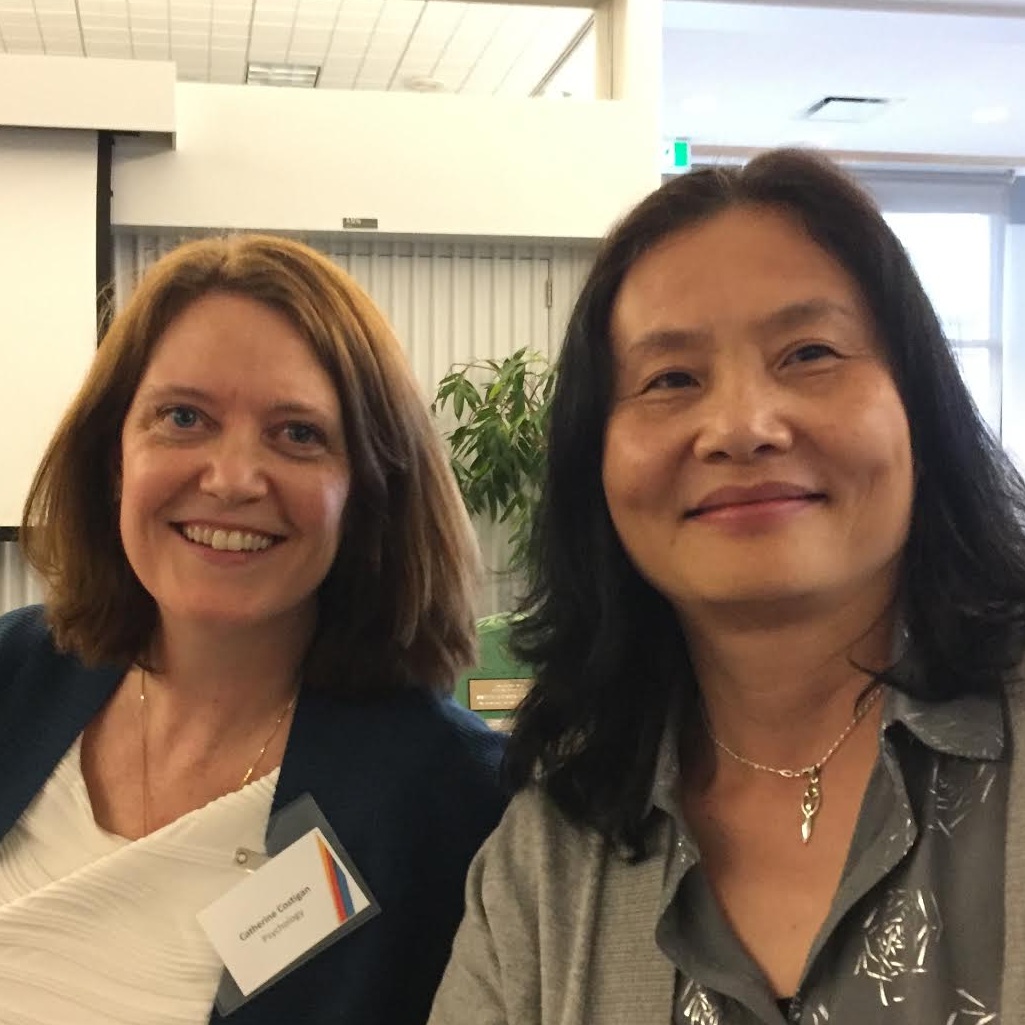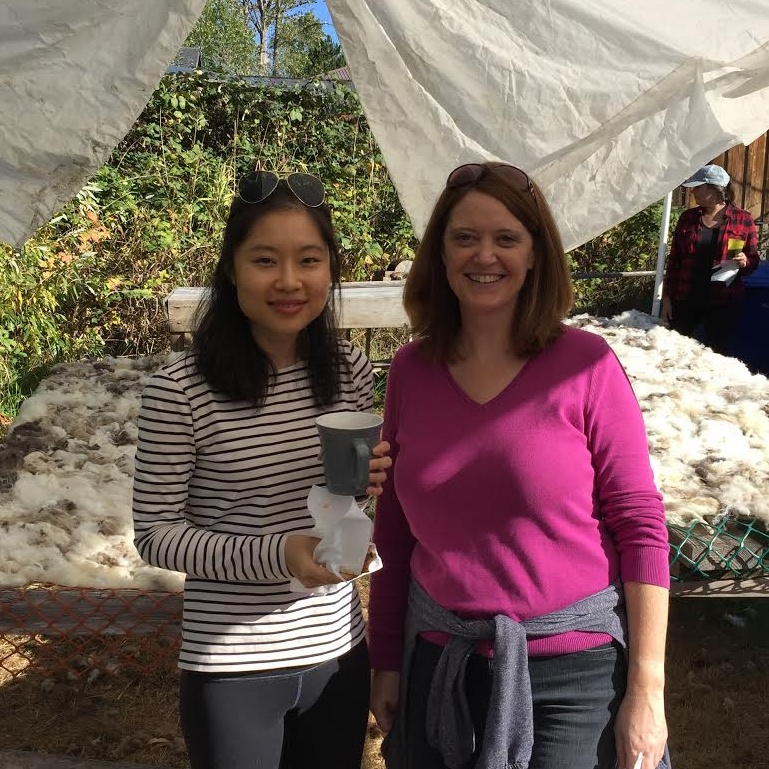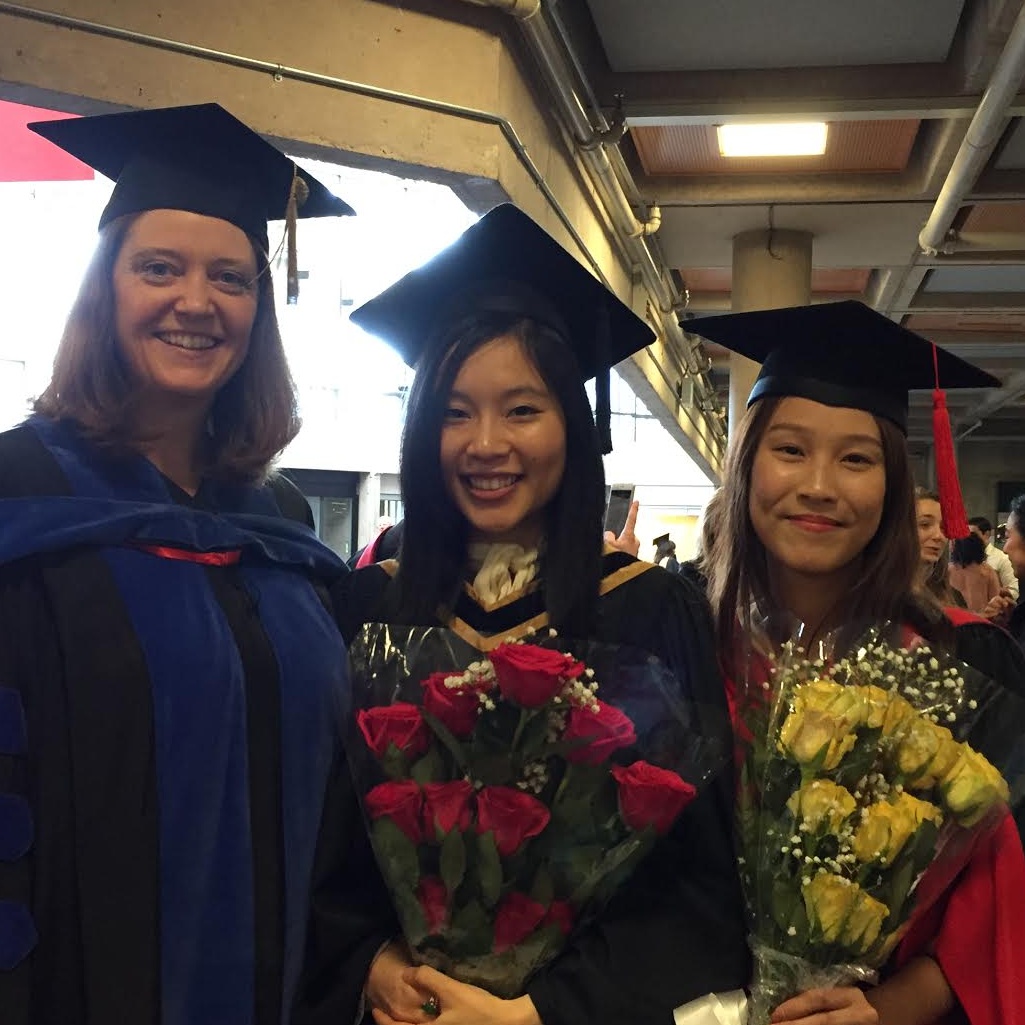My research and clinical interests focus on children, youth and their families. My goal is to enhance our understanding of the strengths that family members bring to navigating challenging circumstances and the experiences that create risk for mental health problems among family members. I also explore ways in which relationships within families affect and are affected by individual and contextual challenges. I have studied these issues among different populations, including families raising children with intellectual disabilities and families who are new to Canada.
Some of our recent research has focused on topics such as understanding the ways in which immigrant parents support the identity development of their adolescents; understanding how acculturation process influence the ability of immigrant mothers and fathers to co-parent together effectively; and identifying relationship dynamics (such as adolescents providing translation services for their immigrant parents) that affect the psychological health of youth. We are also studying ways in which differences between family members in how they acculturate to Canada influences relationship quality and mental health among adolescents and their parents. We also study these family relationships in the broader context of settlement in Canada, to understand family members’ experience of discrimination and other oppressive practices.
My clinical work with children, youth, and families has a similar focus. I provide family therapy, couples therapy, and child/adolescent therapy to families who are facing mental health issues (e.g., anxiety, behavioural challenges, trauma), relationship distress, or challenging circumstances (e.g., adjusting to a medical diagnosis). I also work with individuals and families who are experiencing difficulties due to the challenges of immigration and acculturation.
In addition, I offer workshops designed to support emotional connections, foster positive parenting approaches, and minimize conflict within family relationships and to support families to identify and externalize the interpersonal and structural practices and policies that create inequities and distress.



